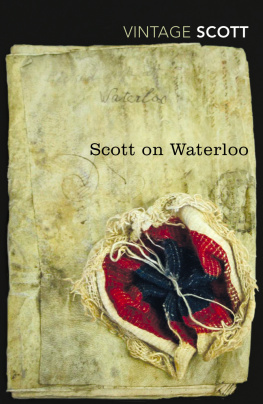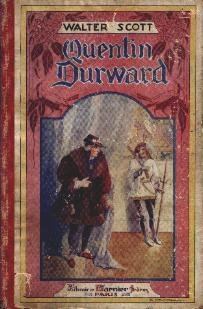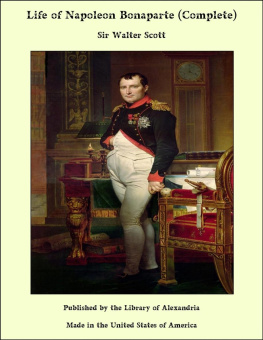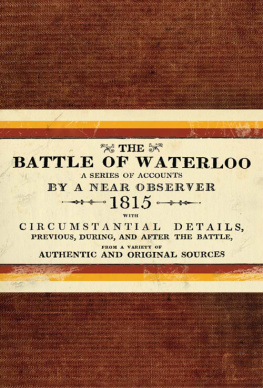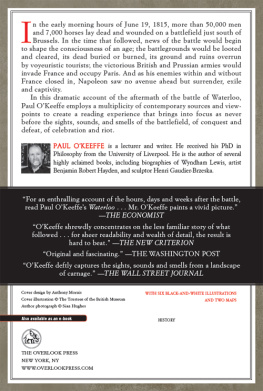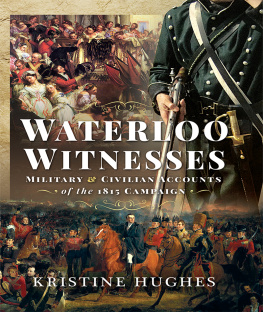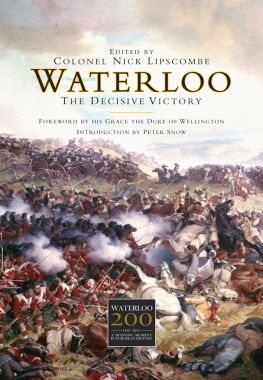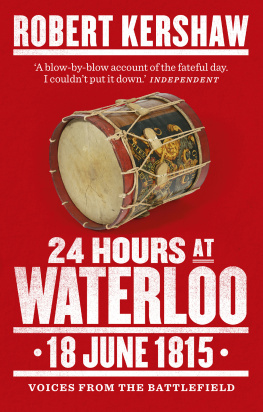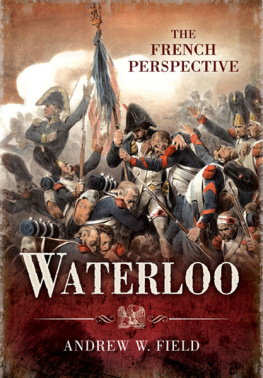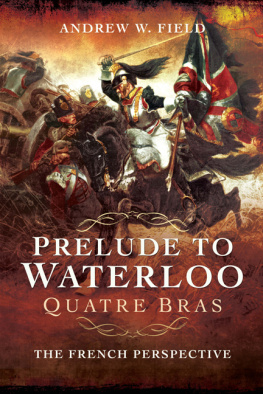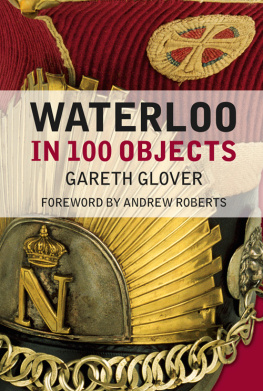Contents
About the Author
Walter Scott was born in Edinburgh on 15 August 1777. He was educated in Edinburgh and called to the bar in 1792, succeeding his father as Writer to the Signet, then Clerk of Session. He published anonymous translations of German Romantic poetry from 1797, in which year he also married. In 1805 he published his first major work, a romantic poem called The Lay of the Last Minstrel, and became a partner in a printing business. Several other long poems followed, including Marmion (1808) and The Lady of the Lake (1810). These poems found acclaim and great popularity, but from 1814 and the publication of Waverley, Scott turned almost exclusively to novel-writing, albeit anonymously. A hugely prolific period of writing produced over twenty-five novels, including Rob Roy (1817), The Heart of Midlothian (1818), The Bride of Lammermoor (1819), Kenilworth (1821) and Redgauntlet (1824). Already sheriff-depute of Selkirkshire, Scott was created a baronet in 1820. The printing business in which Scott was a partner ran into financial difficulties in 1826, and Scott devoted his energies to work in order to repay the firms creditors, publishing many more novels, dramatic works, histories and a life of Napoleon Bonaparte. Sir Walter Scott died on 21 September 1832 at Abbotsford, the home he had built on the Scottish Borders.
Paul OKeeffes books include biographies of Wyndham Lewis (Some Sort of Genius, 2000), Gaudier Brzeska (An Absolute Case of Genius, 2004) and Benjamin Robert Haydon (A Genius for Failure, 2009). He has also edited a scholarly edition of Wyndham Lewiss first novel Tarr: the 1918 Version (1990). His most recent book is the critically acclaimed Waterloo: The Aftermath (2014). He lives in Liverpool.
About the Book
Rags of clothes and fragments of books and papers strewed the ground in great profusion, especially where the action had been most bloody
Walter Scott on the field of Waterloo.
In the immediate aftermath of the Battle of Waterloo tourists flocked from Britain to witness the scene of the most important conflict of their generation. Walter Scott was among them, and with a commission from his publisher for a travel book and a long poem. These prose and verse accounts bring to vivid life the carnage, spectacle and excitement of a fascinating period of European history.
Brilliantly introduced and annotated by Paul OKeeffe, this edition elucidates and contextualises Scotts first-hand account of his travels, his dashing epic, The Field of Waterloo and the eerily chilling Dance of Death.
ALSO BY WALTER SCOTT
The Lay of the Last Minstrel
Marmion
The Lady of the Lake
The Bridal of Triermain
Waverley
Guy Mannering
The Antiquary
Old Mortality
Rob Roy
Ivanhoe
The Heart of Midlothian
The Bride of Lammermoor
Kenilworth
Redgauntlet
This ebook is copyright material and must not be copied, reproduced, transferred, distributed, leased, licensed or publicly performed or used in any way except as specifically permitted in writing by the publishers, as allowed under the terms and conditions under which it was purchased or as strictly permitted by applicable copyright law. Any unauthorized distribution or use of this text may be a direct infringement of the authors and publishers rights and those responsible may be liable in law accordingly.
Epub ISBN: 9781473521179
Version 1.0
1 3 5 7 9 10 8 6 4 2
Vintage Classics, an imprint of Vintage Publishing,
20 Vauxhall Bridge Road,
London SW1V 2SA
Vintage Classics is part of the Penguin Random House group of companies whose addresses can be found at global.penguinrandomhouse.com.

Copyright Paul OKeeffe 2015
Paul OKeeffe has asserted his right to be identified as the author of this Work in accordance with the Copyright, Designs and Patents Act 1988
First published by Vintage Classsics in 2015
www.vintage-books.co.uk
A CIP catalogue record for this book is available from the British Library
ISBN 9781784870232
General Introduction
Anxiously awaited news of the battle arrived in Edinburgh by mail coach on the morning of Saturday 24 June 1815. It came in the form of an express letter, sent from Westminster at 1.30 a.m. on the 22nd by the Lord Provost, Sir John Marjoribanks, MP for Bute. The Duke of Wellingtons dispatch, and two captured French eagle standards, had reached London only a couple of hours earlier carried by Major Henry Percy, his uniform still soiled by travel and a fellow officers blood. As the feelings of those who have near relatives in the army must be on the stretch, wrote the Lord Provost, I cannot help gratifying the inhabitants of the good town [of Edinburgh] with the communication of the greatest intelligence that ever came to Britain. For the rest of that Saturday every church bell in the Scottish capital was rung by order of the Magistrates, and at six oclock the following morning a cannon salvo from the castle battlements announced the victory to anyone still ignorant of it.
But with news of victory came awareness of the terrible cost and on 27 June, at a meeting of concerned citizens in the Parliament House, a motion was proposed that a fund be established to relieve the wants of the Widows and Children of those who have been slain.
The forty-three-year-old Walter Scott seconded the motion and trusted that the inhabitants of this city, who were never backward to calls of charity, would cheerfully contribute to alleviate the distresses occasioned by so glorious a cause. Such trust in the generosity of his fellow citizens did not, however, prevent his playing upon the emotions and pricking the conscience of his audience:
How many of the Gallant Men who have fallen must have been soothed in the moment of death, by reflecting that those who were dependent on their lives, would now become a legacy to their grateful Country! How many more of our brave Defenders must we be prepared to see return to their native land, deprived by honourable wounds! of the means of following either a military or a peaceful profession! To the exertions of these brave men we owe the safety, the comfort, the luxuries which we here enjoy; and he who can hear unmoved the appeal now made, not to our Liberality, but to our Justice, is unworthy of sharing those advantages which their blood has purchased, and the fame which their exertions has acquired for their Country.
The four largest single donations pledged at the meeting of a hundred guineas each came from the City of Edinburgh, the Earl of Wemyss, the Duke of Buccleuch, and from Scott himself. As a successful author of poetry, and of two equally successful though anonymous novels, Waverley, which had appeared in 1814, and Guy Mannering, published only the previous February, he ascribed to the liberality of his publishers his ability to contribute such a sum. It was a sum far indeed below [his] wishes, he explained, but yet more commensurate with these than with the limitations of [his] ordinary income as an advocate at the Scottish bar and Sheriff-Depute for Selkirkshire. He likened his case to that of an actor, enabled by the publics indulgence and appreciation of his talents to give the proceeds of a performance for the benefit of those sufferers in whom [that public was] so deeply and justly interested.

